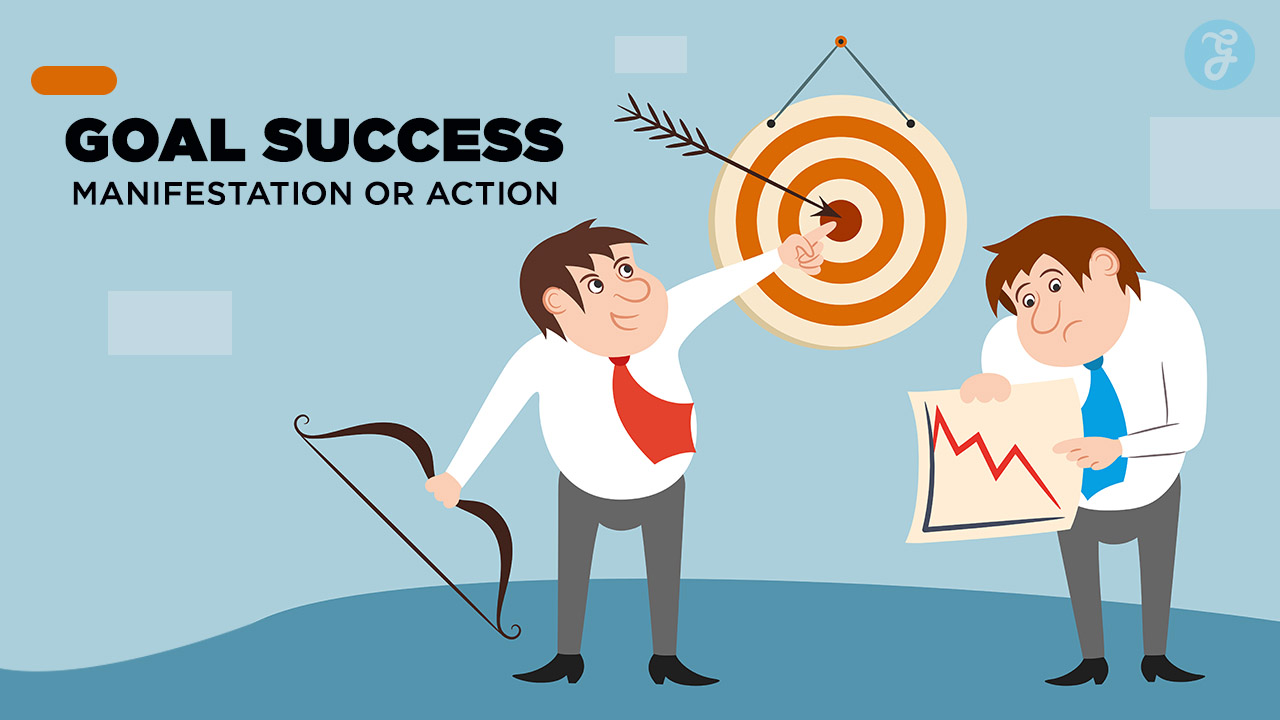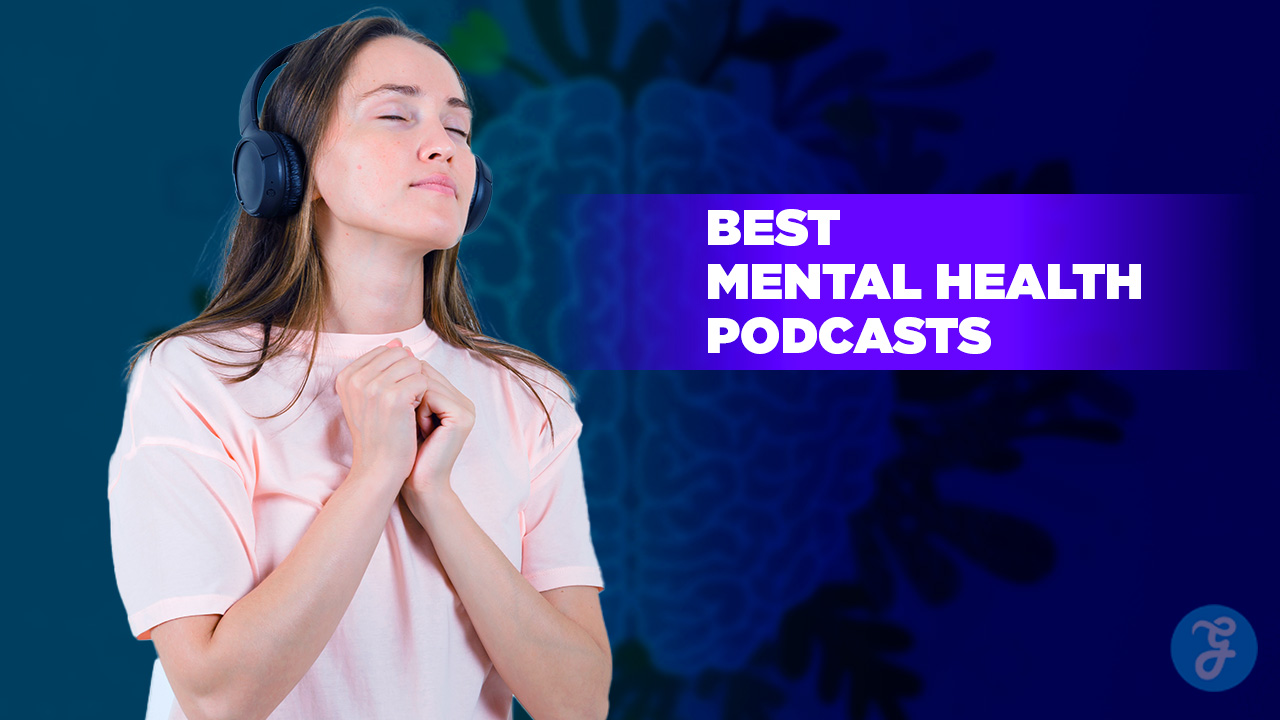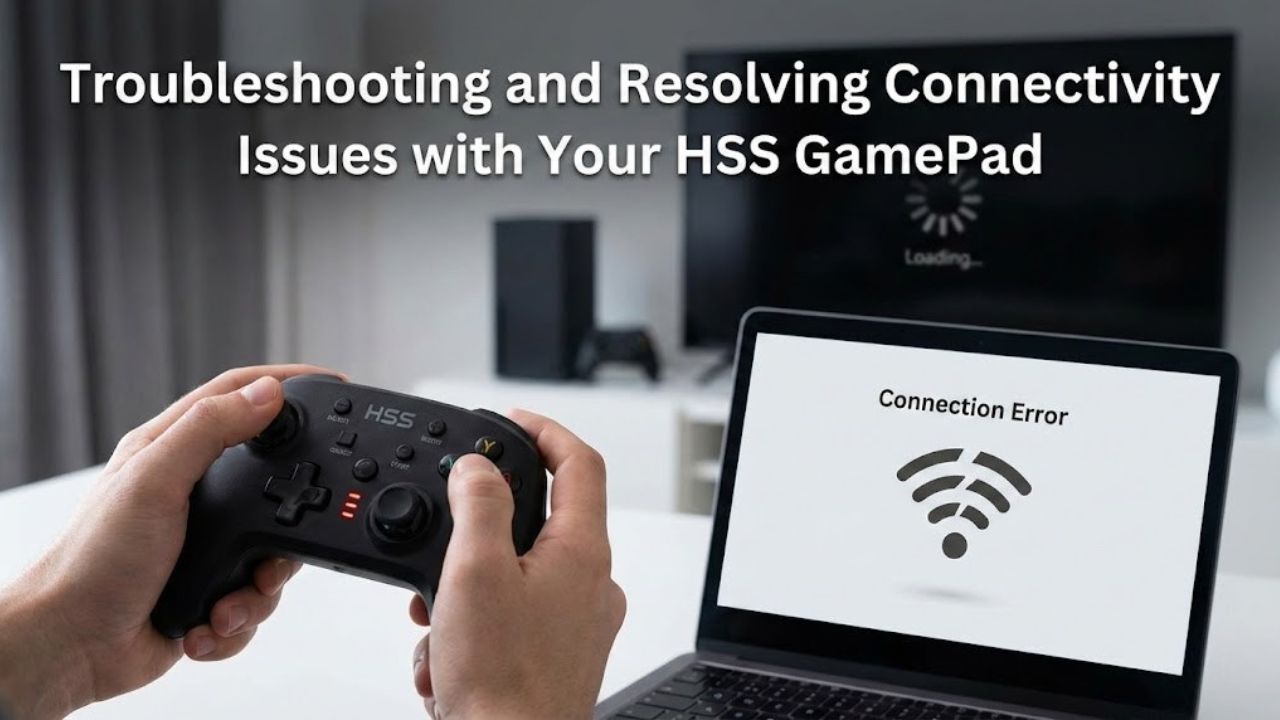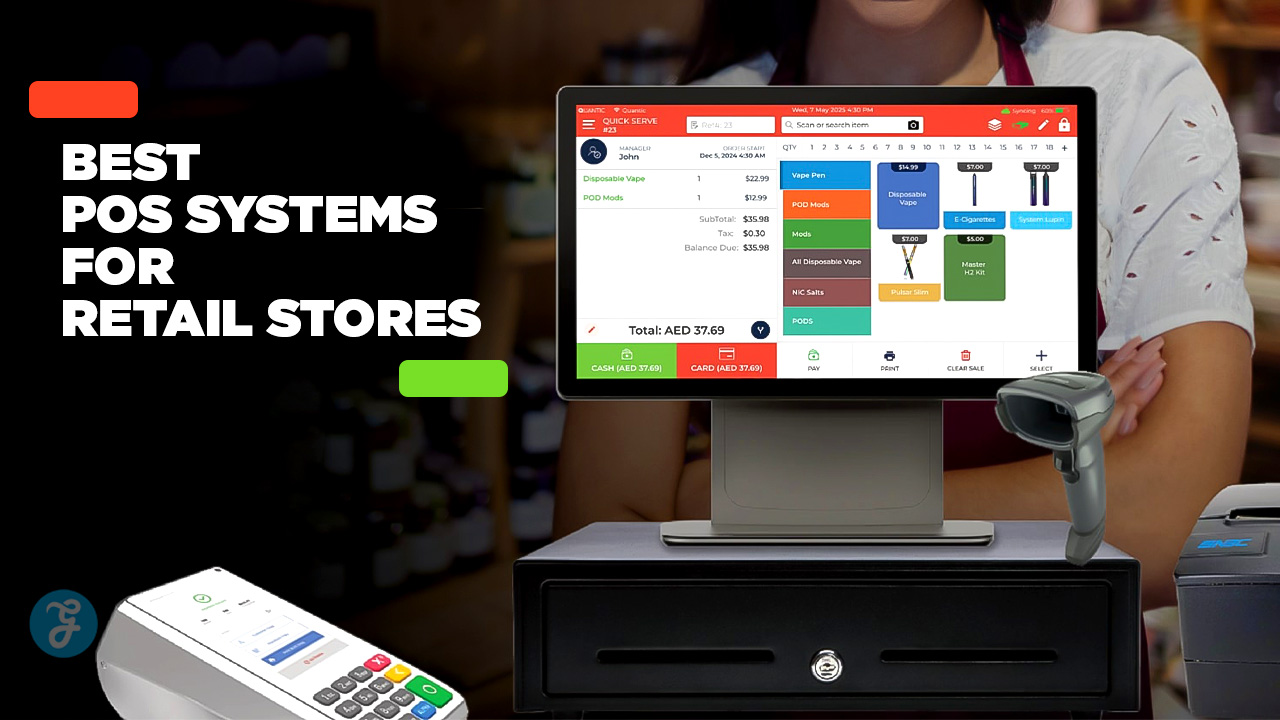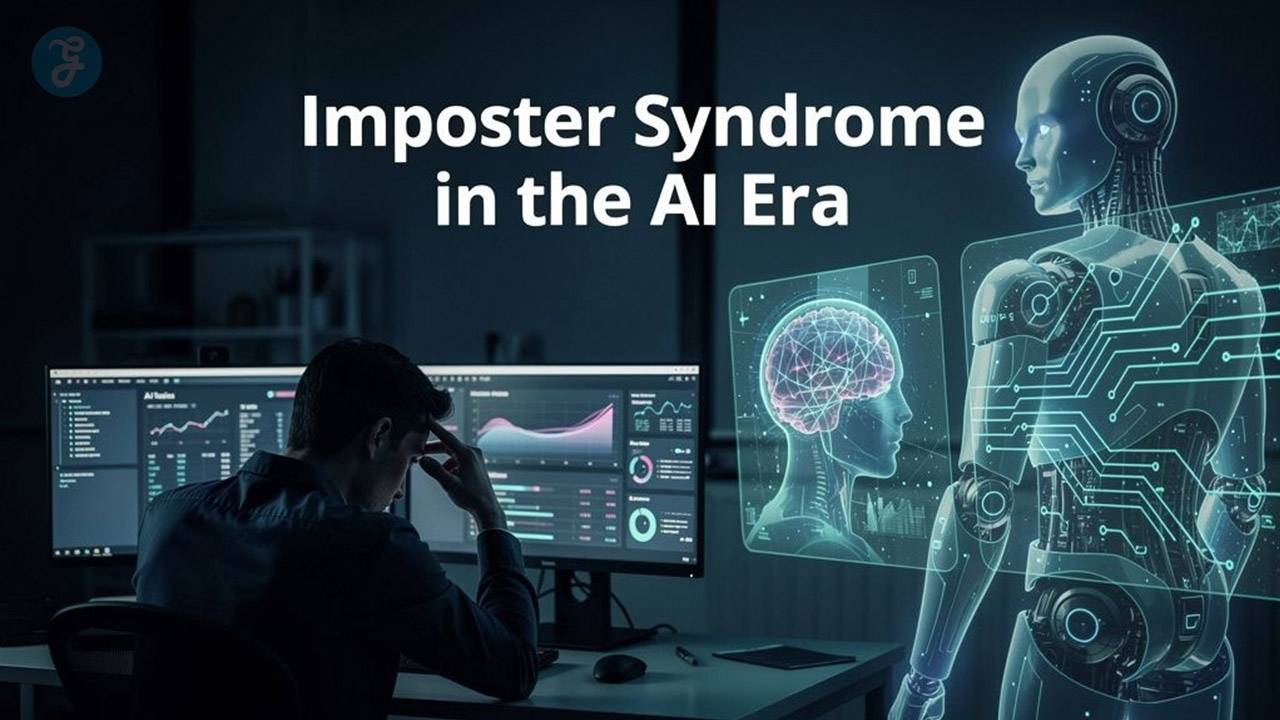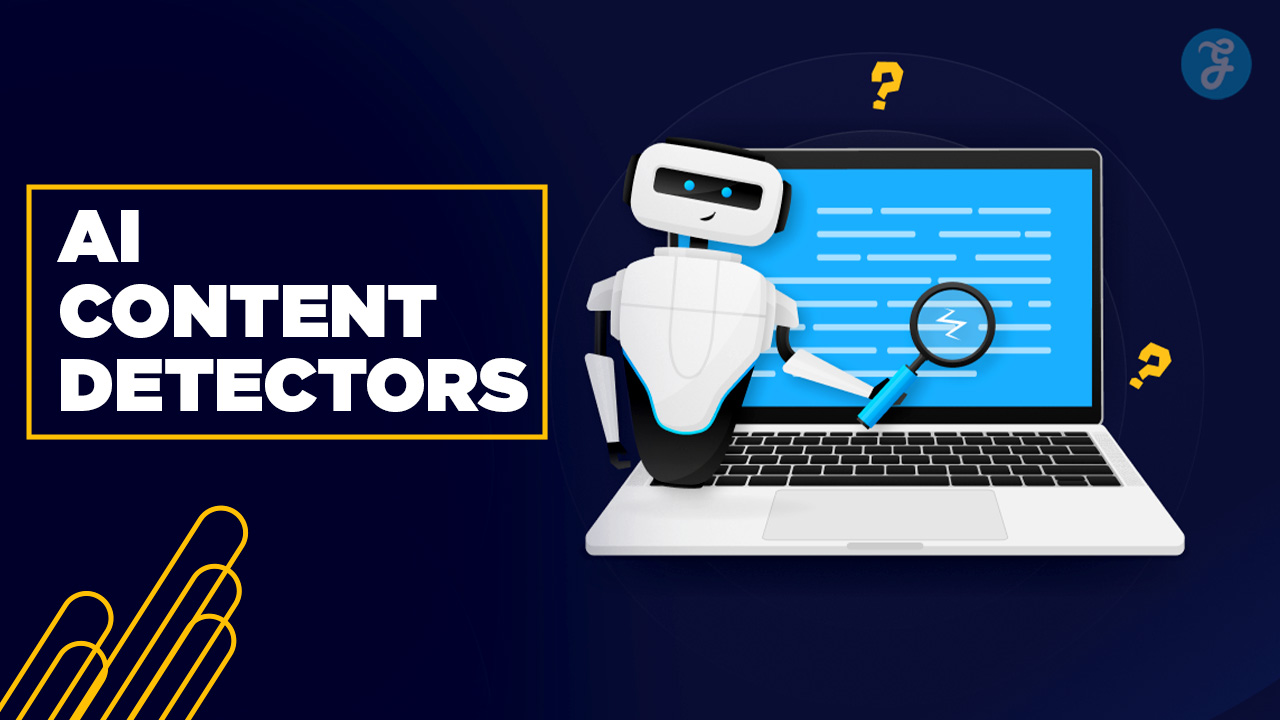Feeling overwhelmed by constant notifications and endless files? Decluttering your digital life might be the key to peace of mind. By clearing out unnecessary files, reducing app usage, and limiting notifications, we create a calmer, more organized digital environment.
This reduces stress and enhances focus, helping us feel more in control and less overwhelmed. According to the CDC, chronic stress can take a toll on our mental and physical health, affecting everything from sleep to overall well-being. By managing our digital spaces, we minimize digital distractions and support a healthier balance with technology, making it easier to relax, stay productive, and feel in charge of our daily routines.
Understanding Digital Clutter and Its Impact on Mental Health
Digital overload is the accumulation of unnecessary files, apps, emails, and notifications that fill up our devices and online spaces. When left unchecked, this clutter can make it harder to navigate our digital lives, affecting both productivity and peace of mind. Managing this overload is essential because it supports a calmer, more organized space, directly benefiting mental clarity.
Defining Digital Overload
Digital overload includes any files, applications, emails, and notifications that aren’t needed regularly but still take up space. This accumulation builds up over time as we download new apps, receive endless emails, and keep unused files. When left unmanaged, these items can feel overwhelming, making it harder to find what we need.
How Digital Clutter Affects Mental Clarity?
Excessive digital clutter can contribute to:
- Increased Stress and Anxiety: Notifications, files, and messages piling up can make us feel overwhelmed and pressured to keep up.
- Reduced Focus: The brain struggles to filter out digital noise, making it harder to concentrate on essential tasks.
- Mental Fatigue: Constantly sorting through clutter adds strain, which can impact overall mental health and productivity.
This buildup in our devices isn’t just inconvenient; it impacts mental clarity and well-being, making it essential to address digital clutter head-on.
Why a Decluttered Digital Space Matters?
Creating a clutter-free digital environment provides mental benefits, such as:
- Calmness and Clarity: A clean digital space reduces distractions, allowing for a more peaceful experience.
- Improved Focus: With fewer interruptions, it’s easier to concentrate on tasks without feeling overwhelmed.
- Sense of Control: Decluttering gives us a feeling of control over our space, which can enhance both productivity and well-being.
Organizing digital clutter helps boost mental well-being, making it easier to stay focused and enjoy a more balanced, stress-free digital life.
Clearing Out Unnecessary Files and Apps
Organizing your digital space by removing unnecessary files and apps is a great way to create order. Here are a few simple methods to help you get started:
- Organizing Files into Folders
Creating a simple folder structure for your files helps you locate what you need quickly. Organize files into categories, like “Work,” “Personal,” or “Photos,” and within each, use subfolders for even easier access. This clear structure saves time, prevents frustration, and keeps your files manageable. - Deleting Unused Apps
Apps that no longer serve a purpose or aren’t used regularly take up space and often send unnecessary notifications. By deleting these apps, you reduce distractions and free up storage, allowing your device to function more efficiently.
By organizing and simplifying, we create a foundation for a more streamlined, manageable digital life.
Relaxing Digital Activities
For light, low-notification entertainment, digital leisure activities like sweepstakes games can be ideal. They offer simple enjoyment without constant updates or alerts, helping you unwind without adding to digital clutter. If you’re interested in learning more, exploring the world of sweepstakes can introduce you to various games that provide a balance between relaxation and minimal screen distraction.
Managing Notifications for a Calmer Mind
Reducing notification overload can greatly improve your digital experience by minimizing distractions and creating a sense of calm. With fewer alerts vying for attention, it’s easier to focus and maintain a balanced state of mind.
1. Prioritizing Essential Notifications
Keep notifications limited to high-priority messages, such as calls, texts, or essential apps. Turning off notifications from non-essential apps reduces interruptions and helps you stay focused on what truly matters.
2. Setting Specific Times for Checking Notifications
Rather than checking notifications constantly, set specific times during the day to go through messages and alerts. This habit helps you manage your time more effectively, keeping interruptions to a minimum and enhancing concentration.
3. Using Do Not Disturb Modes
“Do Not Disturb” settings allow you to control when notifications are allowed, silencing them during important moments or restful times. This feature is especially helpful for focusing on tasks or unwinding without digital distractions.
Organizing Your Inbox
Managing your email can greatly reduce inbox clutter and prevent overwhelm. Here are some simple steps to help you keep a tidy and stress-free inbox:
- Unsubscribe from Unwanted Newsletters
Limit incoming emails by unsubscribing from mailing lists that no longer interest you. This reduces the number of unnecessary messages in your inbox. - Use Folders or Labels for Easy Access
Organize emails with folders or labels, grouping messages into categories like “work,” “personal,” or “receipts.” This makes it easy to find important messages quickly. - Set Up Email Filters
Create filters that automatically sort emails into folders based on the sender or keywords. Filters keep your inbox manageable and ensure that essential emails are simple to locate.
Building Digital Mindfulness Practices
Practicing digital mindfulness, such as setting screen time limits and taking regular breaks, can significantly reduce stress. Harvard Health Publishing emphasizes the importance of these practices in maintaining mental well-being.
Set Time Limits for Apps and Social Media
Setting time limits on apps and social media helps prevent overuse and keeps screen time in check. This practice encourages focus and promotes a healthier digital balance.
Practicing Screen Breaks for Better Focus
Taking regular breaks from screens allows the mind to reset and refresh, improving overall focus. Short pauses throughout the day help reduce eye strain, prevent fatigue, and support better productivity, making screen breaks an essential part of a balanced digital routine.
Exploring Offline Activities for Balance
Balancing screen time with offline hobbies is key to reducing digital dependency. Engaging in activities like reading, exercising, or socializing in person creates a healthier relationship with technology, providing mental relaxation and variety in daily routines.
Conclusion
A decluttered digital space plays a significant role in supporting mental health, reducing stress, and enhancing focus. Small steps, like organizing files, deleting unused apps, and managing notifications, can make a noticeable difference in creating a calmer digital environment. Starting with simple changes and gradually building healthy digital habits helps foster a more balanced and mindful relationship with technology, leading to a more focused and peaceful life.



